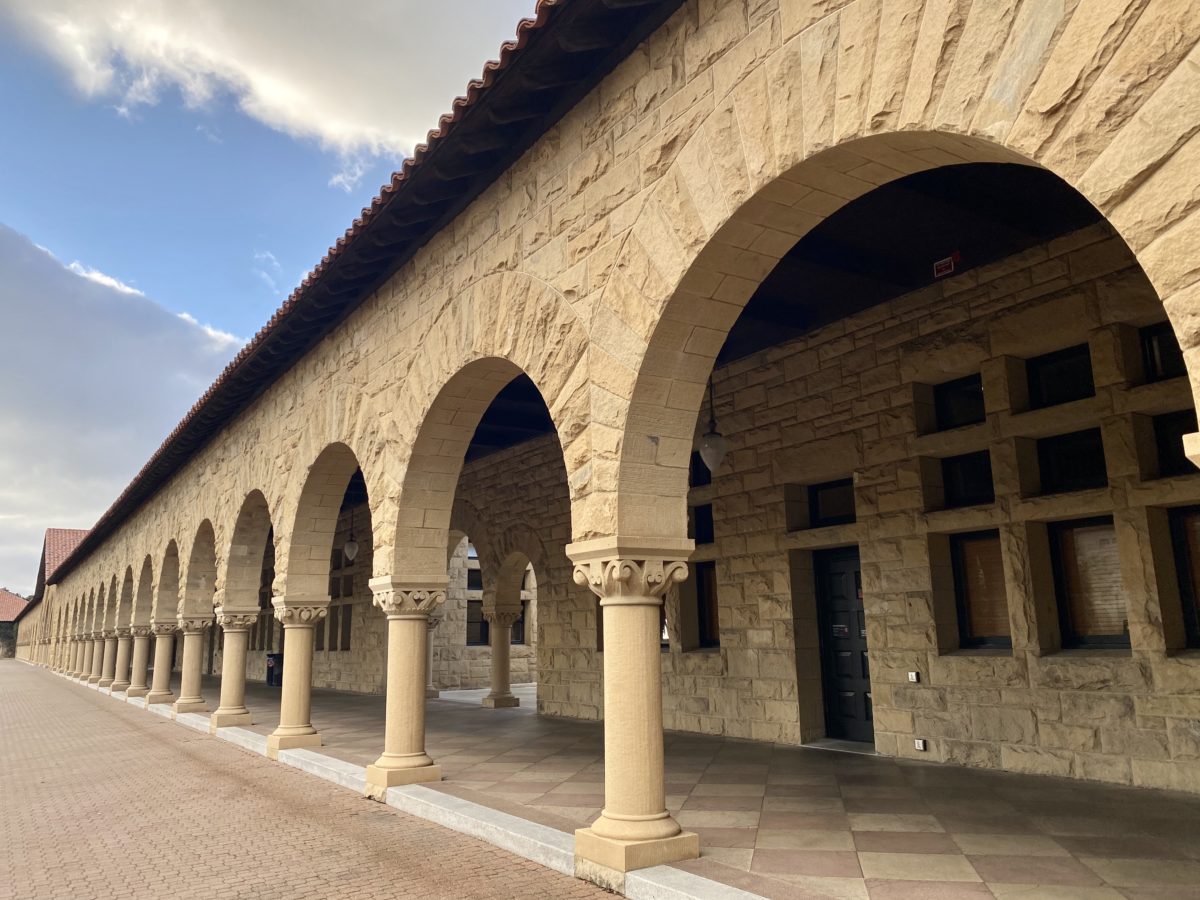Update, Sept. 11, 1:30 p.m.: Stanford revised the language in the Campus Compact regarding sexual violence policies. All students who report sexual violence will be granted amnesty for COVID-19 health and safety violations.
The University updated its guidelines for students on campus, announcing on Wednesday that on-campus gatherings would be prohibited, creating a Campus Compact appeals process and releasing an updated protocol for sexual violence reporting policies.
The guidelines maintain that Stanford will not grant amnesty to students who host a gathering of multiple individuals and report incidents of sexual violence at the event, drawing criticism from advocates. University spokesperson E.J. Miranda wrote in a statement to The Daily that “We are reviewing the issue and anticipate making changes in the language.”
Indoor and outdoor gatherings between people approved to be on campus from separate households will be prohibited, per orders given by the State of California, according to a Wednesday email from associate vice provost of environmental health and safety Russell Furr.
Gatherings include any “event, assembly, meeting, or convening that brings together people from separate households in a single space,” according to a HealthAlerts page. Exceptions to these guidelines include outdoor classroom instruction and associated academic activities, meetings amongst Stanford employees, usage of shared spaces like bathrooms, approved outdoor protests and outdoor religious services.
Also on Wednesday, Stanford released updates to the Campus Compact, which students are required to accept if they plan to live on campus this fall. The updated compact includes an appeal mechanism for disciplinary action taken for campus compact violations. The original compact did not provide a process for students to appeal decisions.
The update followed swift community blowback. Over 1,500 graduate students signed a petition objecting, among other concerns about the compact, to what they described as a lack of transparency along with the lack of an appeals process.
Students will now be able to appeal decisions made by the Compact Review Panel, which is responsible for reviewing compact violations, that “result in a restriction of access to Stanford facilities or removal from campus,” according to the email from vice provost for student affairs Susie Brubaker-Cole, vice provost for graduate education and postdoctoral affairs Stacey Bent, and senior associate vice provost and dean of students Mona Hicks.
Stanford also developed a protocol for sexual violence reporting policies amid COVID-19, according to the email. The University will not guarantee amnesty to students who report sexual assault at “a party/gathering of multiple individuals” of which they are the host and at which they are “encouraging wide scale violation of social distancing protocols.”
Stanford will not impose compact violation consequences on survivors for violations of social distancing guidelines in instances “where the complainant allowed or invited the accused party into their room or voluntarily entered into the accused’s room,” but the University stopped short of extending this policy to students who host gatherings.
“We do not want to chill victims’ willingness to seek help or report matters, nor do we want to create an environment in which predators encourage victims to violate social distancing rules to avoid consequences for committing sexual assault,” the policy states.
Title IX advocates, however, contend that such exceptions to the policy could nevertheless create a chilling effect that would discourage survivors from speaking out against perpetrators.
“It is well known from past experience with disciplining rape victims who came forward for various infractions that the sole effect of this kind of punitive action will stop victims from reporting,” Dauber wrote in an email to Provost Persis Drell. “It is difficult for me to put into words how dangerous, misguided and wrongheaded as well as ineffective this is.”
Contact Kathryn Zheng at kszheng ‘at’ stanford.edu.
